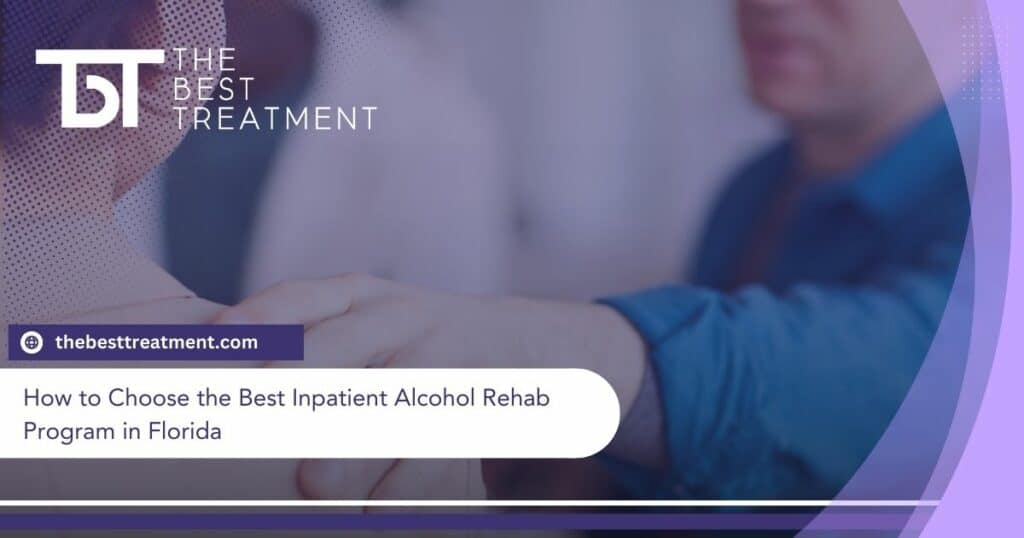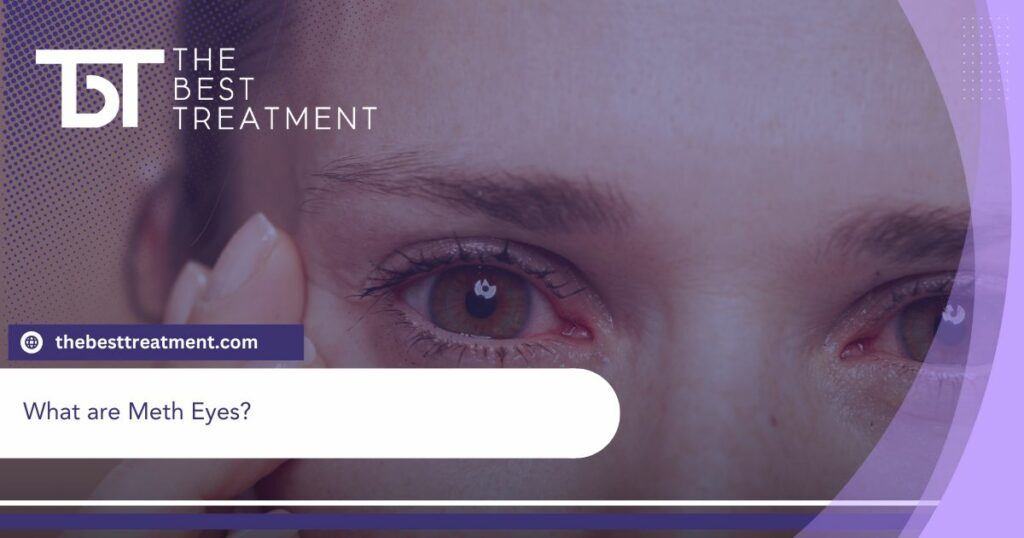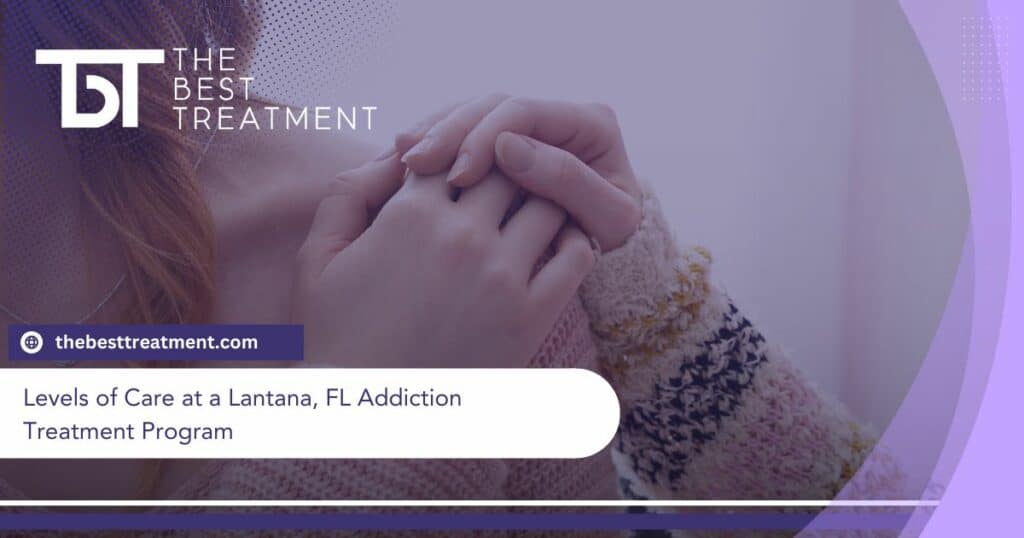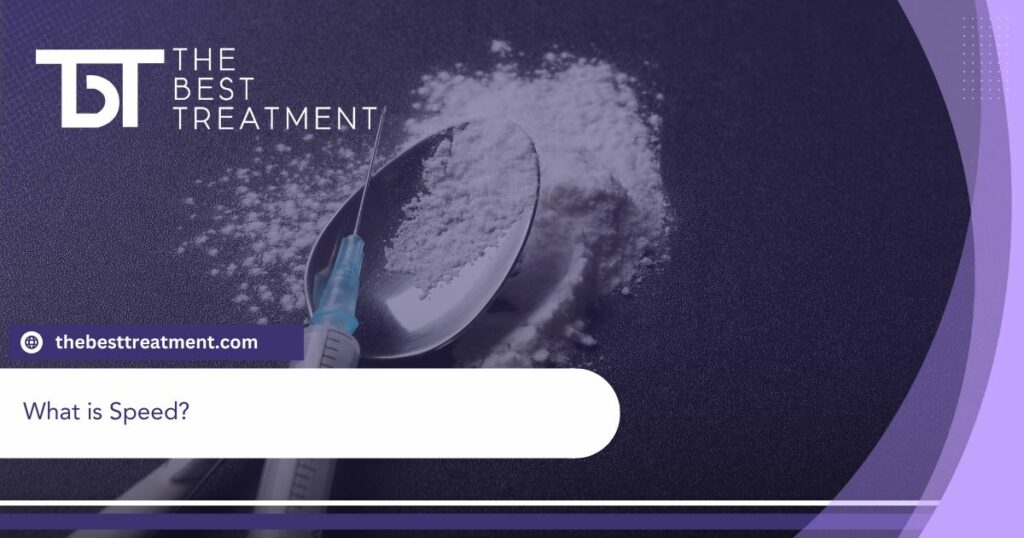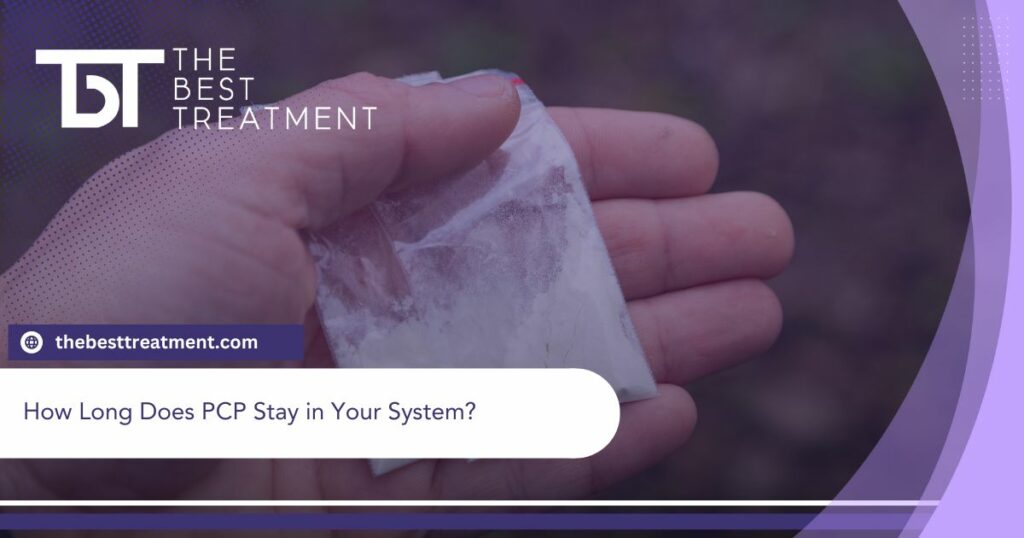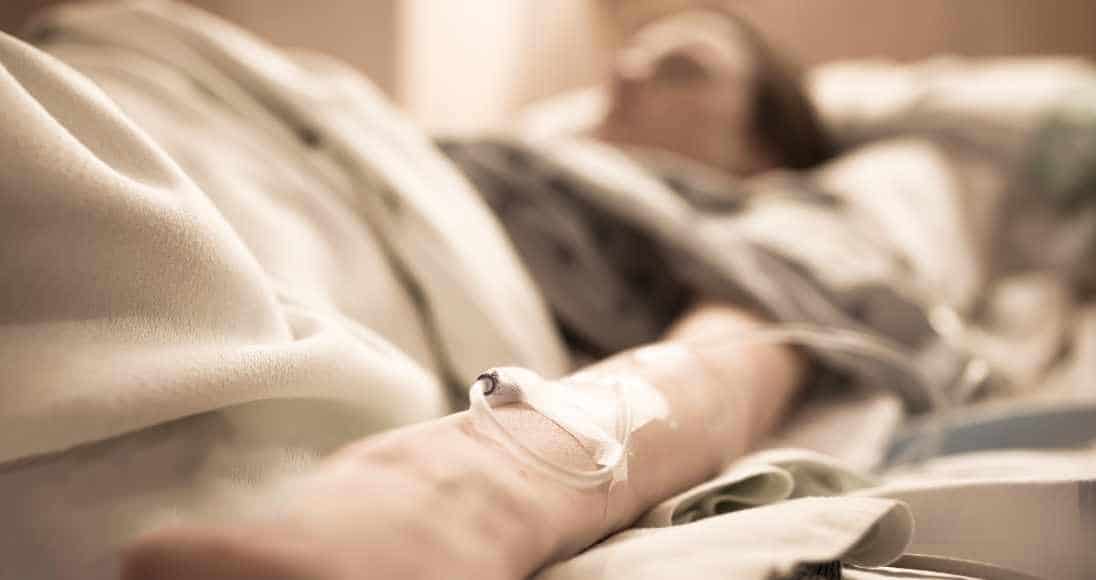Table of Contents
Benzodiazepine withdrawal occurs when an individual suddenly stops taking benzodiazepine drugs. To experience the withdrawal of this substance, an individual must be physically dependent upon benzodiazepines. Dependence occurs when a person misuses, or takes more benzodiazepines than directed by a physician, for long periods of time or for nonmedical purposes. These drugs are powerful sedatives known to cause feelings of calm, sedation, and relaxation. Additionally, they are one of the most commonly abused substances other than alcohol. While they’re usually prescribed to treat anxiety and sleep disorders, and are known to be effective, abusing benzodiazepines will lead to dependence, and ultimately, withdrawal.
Benzodiazepine withdrawal occurs during the detoxification process. This process is known as the natural process by which the body rids itself of harmful toxins. It’s during this period of detoxification, or detox, where a person will experience symptoms during the benzodiazepine withdrawal timeline.
Withdrawal symptoms of benzodiazepines may be both physical and psychological and are often extremely uncomfortable for a person to deal with. Let’s take a look at the benzodiazepine withdrawal timeline, the symptoms of withdrawal, and how withdrawal may be treated.
Symptoms of Benzodiazepine Withdrawal
The symptoms of benzodiazepine withdrawal vary, depending on several factors.[1] Benzodiazepines are generally not intended for long-term use, due to their potential for abuse. Withdrawal symptoms typically begin after 3 to 6 weeks of use, even when a person uses the drugs as the doctor directed.
Withdrawal symptoms are often mild in people who take the substance for short periods. However, there is always a possibility of severe reactions and difficulty to handle withdrawal symptoms.
While everyone experiences differing symptoms, some are more common. The common symptoms of benzodiazepine withdrawal include:[1]
- physical aches and pains
- abnormal sensations, such as feeling as if bugs are crawling on the skin
- muscle spasms
- hyperventilation
- sweating
- weight loss
- anorexia
- anxiety attacks
- trouble concentrating
- hypersensitivity
- nausea and vomiting
- insomnia
- panic attacks
- grand mal seizures
- detachment from reality
- depression
- hallucinations or delusions
These symptoms may become dangerous if they are not treated by a medical professional. If you or a loved one are experiencing the symptoms of benzodiazepine withdrawal, you should consult with a professional detox program.
Outlining the Benzodiazepine Withdrawal Timeline
The benzodiazepine withdrawal timeline may not be relevant for all individuals dealing with benzodiazepine dependence. Each person typically has a different experience of withdrawal symptoms, including the severity and length of withdrawal symptoms.
The general withdrawal timeline is easily broken down into four periods or patterns. These include onset, rebound, peak withdrawal, and final period of withdrawal.
Onset Period
The onset period is the timeframe in which benzodiazepine withdrawal symptoms begin. Symptoms may onset as quick as six to eight hours after the individual’s last use, or as long as a week later. During this initial stage of the benzodiazepine withdrawal timeline, a person is likely to experience depression, anxiety, and difficulty sleeping.
Rebound Period
The rebound period occurs one to four days after last use (sometimes longer in regards to long-acting benzodiazepines). This stage of withdrawal is characterized by a severe recurrence of anxiety and difficulty sleeping. Also, the rebound stage intensifies the effects of the onset period. For individuals suffering from a severe addiction to benzodiazepines, this may be the first period of withdrawal.
Peak Withdrawal
As the name suggests, the peak withdrawal period is when the most painful and uncomfortable symptoms of withdrawal occur. While the specific symptoms will vary from person to person, they will be the most intense during this period. These symptoms typically last between ten to fourteen days. Because of the severity of symptoms, it is recommended that a person be monitored during this period, with check-ins occurring every three to four hours to ensure health complications do not arise.
Final Period
The final period in the benzodiazepine withdrawal timeline is characterized by a return of the initial anxiety and depression that occurred within the onset period. Withdrawal symptoms may continue for weeks or even months. However, with proper treatment being fully initiated, these symptoms will dissipate more quickly.
The symptoms of benzo withdrawal are likely to be painful, uncomfortable, and possibly life-threatening for a person to manage on their own. As a result, receiving professional benzodiazepine addiction treatment is the best option for people suffering from benzodiazepine withdrawal.
Treating Benzodiazepine Withdrawal
Individuals who are attempting to detox from benzodiazepines should always attend a professional and medically-supervised detox program to ensure safety and success. These programs include the use of medications to control and ease the symptoms of withdrawal.[2] Additionally, patients are monitored on a 24/7 basis to ensure medical and mental safety.
On the other hand, tapering programs are a common treatment for benzo withdrawal. Like medically-supervised detox, tapering also occurs in a medical setting or inpatient treatment center. Tapering is the act of gradually decreasing the dose of the benzodiazepine until the symptoms of withdrawal no longer persist. For individuals with severe dependence, effective tapering may take weeks, or even months, to effectively distinguish the symptoms of withdrawal.
Inpatient addiction treatment programs, like The Best Treatment Center, offer a safe and comfortable environment to manage withdrawal symptoms, as well as provide medications to assist with addiction and dependence recovery. If you or a loved one suffer from benzo addiction and would like to complete the benzodiazepine withdrawal timeline with success and ease, contact us today. We can help you jumpstart your journey of recovery!
References:
Medically Reviewed: September 25, 2019

All of the information on this page has been reviewed and verified by a certified addiction professional.





